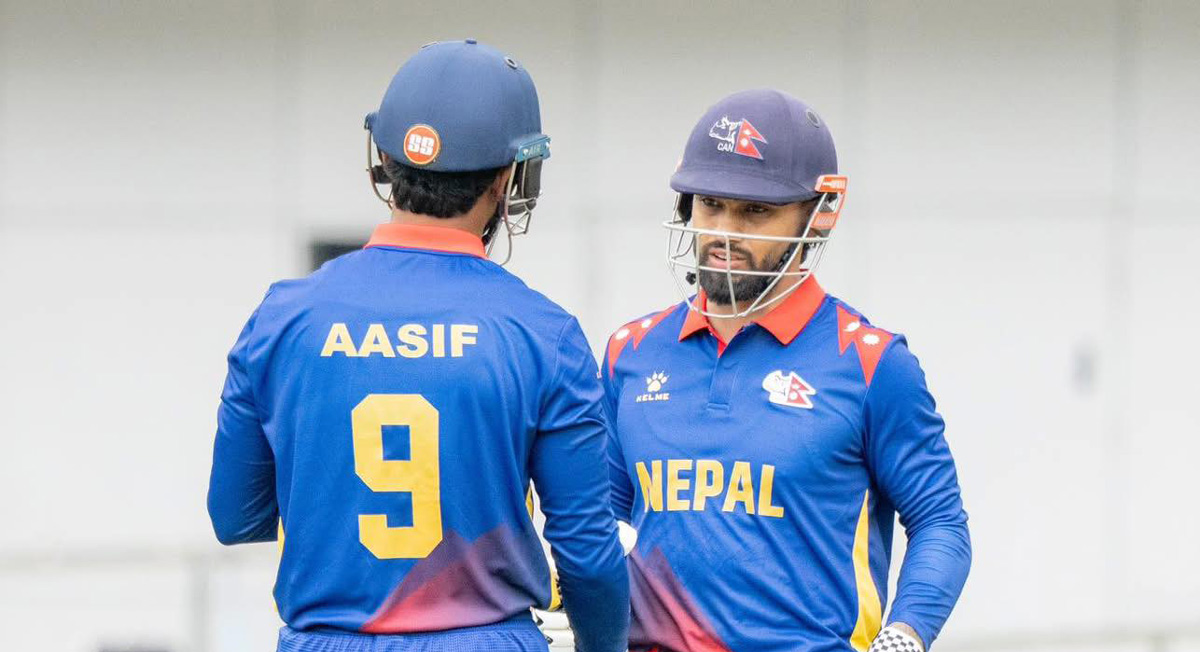The village of Bhawang is home to 45 families. Located in the district of Rolpa, one of the most isolated parts of Nepal. As a result, supplying water to residents there posed some considerable difficulties. Over a decade ago, another organization had attempted to build a water project for Bhawang, consisting of three communal taps. Unfortunately, the taps they built didn’t work all year round, meaning villagers would have to walk for hours to collect potentially dirty water from communal wells and other sources during the dry season.
Following a request for help, Gurkha Welfare Trust built separate taps for each of the 45 homes, providing clean water to everyone. Before the trust began gathering materials and building the pipes and taps, it met representatives of the community to educate them about sanitation and provide tips on how to keep the water source free of contamination and prevent the spread of disease. This is a procedure that the trust applies in the community before the construction phase.

The training also included small changes around the community including waste management and the construction of proper shelter for domestic animals to limit cross-contamination. At first, people were unsure about the new drinking water system; if their current system of three taps didn’t work, then how could the project build 45? To empower the community to take responsibility for their own project after the team leaves, the trust set up a village committee, including a chairperson, secretary and a village hygiene worker. A committee like this helps ensure the sustainability of the project.
Khadga Bahadur Chhetri, the village committee chairperson says, “When construction began, villagers were skeptical about the project. But their doubts disappeared once the taps were complete and the water started running.” The villagers are delighted to have access to clean water right at their doorsteps. Gothi Khatri, a resident from the village, is particularly appreciative of the quality of our work: “We are getting fresh water even in the dry season, I hadn’t imagined this would be possible. There is enough water to drink, wash and maintain cleanliness around the house.” “My daughter Rupa suffered a head injury when she was nine and she is mentally impaired. She can’t use her right hand properly and I need to look after her all the time.” “Before, we had to walk about 30 minutes downhill and walk back an hour uphill to fetch water and I used to be worried as I had to leave her home unattended.” “Now, I don’t have to worry because water is available right on my doorstep.”
Dinisha, an eight-year-old student, now has more time to focus on her school work. “I can now do my studies as well as help my mum in household chores. With a tap near our house, we don’t need to spend time in fetching water; I have more time for studies.” Mother of two, Rupmali Dangi no longer has to bring her young children along on dangerous journeys: “My husband has gone to Malaysia and I have an eight-year-old son and a two-year-old daughter (Bhumika).” “In the past, my daughter was small, I could not leave her alone in the house, so I used to carry my baby, walk half an hour, collect water and carry them both back uphill for an hour. “ “Now I don’t have to, I have a tap right in front of my house.”











